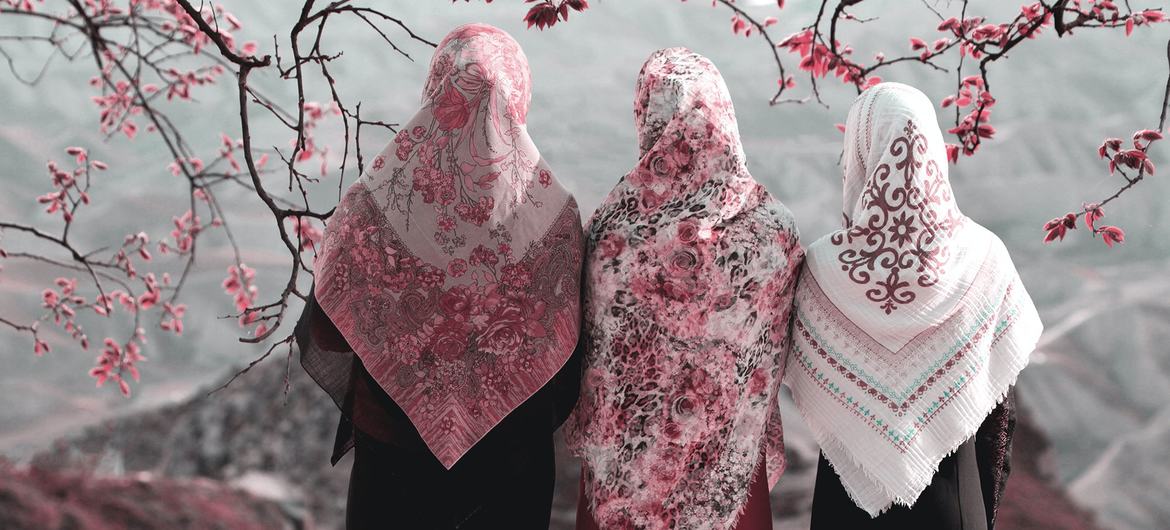A group of UN Human Rights Council-appointed experts expressed their grave concern on Friday over a new draft law in Iran sanctioning new punishments for women and girls who fail to wear the headscarf, or hijab, in public
 KRC TIMES Desk
KRC TIMES Desk


“The draft law could be described as a form of gender apartheid, as authorities appear to be governing through systemic discrimination with the intention of suppressing women and girls into total submission,” the independent experts said.
They stressed that the proposed parliamentary Bill to Support the Family by Promoting the Culture of Chastity and Hijab and existing de facto restrictions are inherently discriminatory and may amount to gender persecution.
“The draft law imposes severe punishments on women and girls for non-compliance which may lead to its violent enforcement,” the experts warned.
It also violates fundamental rights such as the right to take part in cultural life, freedom of opinion and expression, the right to peaceful protest, and the right to access social, educational, and health services, they added.
Mahsa Amini death
“After months of nationwide protests over the death of Jina Mahsa Amini and against restrictive veiling laws, the authorities have introduced a tiered system of punishments targeting women and girls,” the experts said.
The 22-year-old was arrested in Tehran and taken into custody nearly a year ago by the so-called morality police for her alleged failure to comply with the already strict hijab laws.
She reportedly fell ill at a police station with witnesses testifying that she had first been severely beaten, and later died in hospital. Iranian authorities denied that she had been assaulted.
Culture war
The UN-appointed added the proposed new punishments under the draft legislation would “disproportionately affect economically marginalised women”.
The use of culture by the Iranian government as a tool to restrict the rights of women and girls is misplaced, the experts warned, noting that “culture is formed and evolves with the participation of all”.
By using terms such as “nudity, lack of chastity, lack of hijab, bad dressing and acts against public decency leading to disturbance of peace”, the draft law seeks to authorise public institutions to deny essential services and opportunities to those who will not comply.
Directors and managers of organisations who fail to implement the law could also be punished; the independent experts warned.
‘Weaponizing’ morality
“The weaponization of “public morals” to deny women and girls their freedom of expression is deeply disempowering and will entrench and expand gender discrimination and marginalisation, with wider negative consequences for children and society as a whole,” the experts said.
They note that the so-called morality police have also been reportedly redeployed in some areas since early July, potentially to enforce compulsory veiling strictures.
The bill was submitted to parliament by the Government and the judiciary on 21 May. Since then, it has been amended several times, with the latest draft significantly increasing the number of punishments for non-compliance.
“We urge authorities to reconsider the compulsory hijab legislation in compliance with international human rights law, and to ensure the full enjoyment of human rights for all women and girls in Iran,” the experts said.
Experts’ mandate
Special Rapporteurs and other independent human rights experts are appointed to monitor and report on specific country situations or thematic issues.
They serve in their individual capacity, are not UN staff and do not receive payment for their work.


